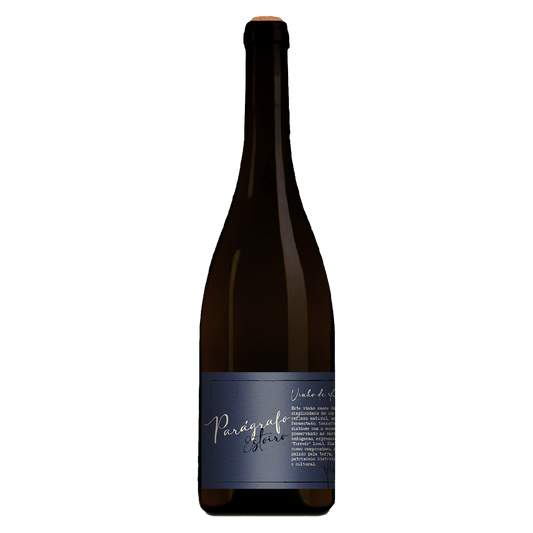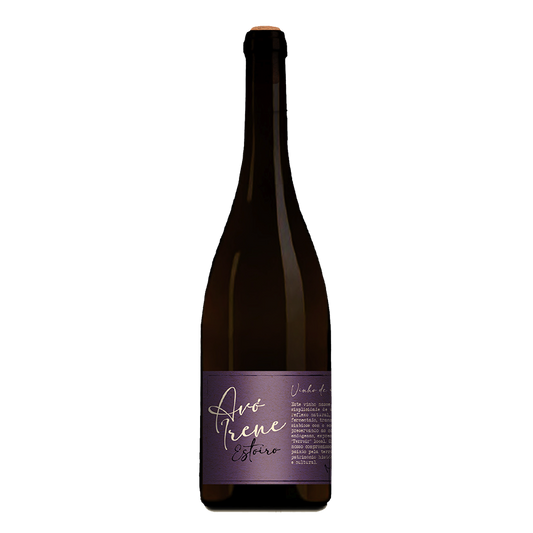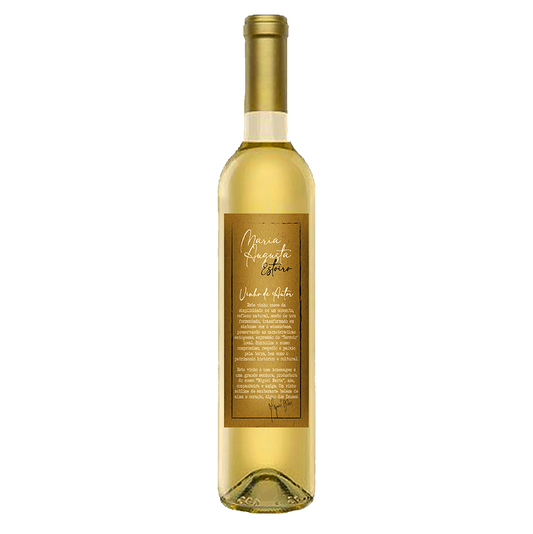For Miguel Dias, until adolescence, wine was always part of his world. He later abandoned his commercial career and wine became, now with another determination, the center of his universe. His commercial talents turned to wine.
He moved to Brazil where he founded the company Ementa de Portugal. He later returned to live in Portugal, always holding hands with wine, taking advantage of his skills and commercial experience. The training in Forest Sciences, Environmental Education and Enology, which added to the rural-family influence, allowed him to “ferment ideas” and develop his own wine production project that led him in 2016 to start production for some customers in Brazil until he set up shop. global pandemic in 2020.
The pandemic decreed by the spread of the new coronavirus caused damage and dramatic changes in the daily life and activities of all citizens around the world. For Miguel, this event meant the stop of exports and the beginning of a scary cycle, which led him to reflect, realizing he was dependent on a single market. After identifying this vulnerability, he went ahead and with renewed vigor created a project with the “Estoirowines” brand, targeting the Portuguese and European markets.
It was the “return to the origins”, combining science, respect for the terroir, for the autochthonous varieties, valuing viticulture in cooperation with a close connection to the elements that still exist in the rural world.
The concept favors, in the winery and in the vineyard, the idea of “low intervention, looking at the vineyard as a community and an ecosystem full of biodiversity.
And the wines had to be a “blowout”. Of “breakthrough” in quality and personality founded on a tireless and undisputed dedication to the vineyard, assuming the design “author wines”, complex and versatile, having in the first row the essence of the vineyard, the influence of the local "terroir" in the wine.
This authentic “return to the origins” is materialized in wines made with grapes from old vineyards located in Beira Interior with which it makes reds – Avó Irene, Paragrafo, Vinhas Antigas – the white (Old Vineyards) and an “Old School” rosé. They are wines made with several of the traditional varieties of the region such as Touriga Fêmea, Marufo, Rufete and Alfrocheiro for the reds and rosé. In whites, it gives voice to the Syrian, Fonte Cal Arinto, Alicante Branco Malvasia Fina grape varieties, among others.
The wines follow a “simplistic” vinification where there is no use of wood and fermentations occur spontaneously, without filtration and the final bottle stage shapes the final silhouette of each wine.
For Miguel, each year has its story. In December 2017, the vineyard woke up with a blanket of frost, no rain and very cold. From these almost raisined grapes contaminated with Botrytis cinerea (gray or noble rot) and carefully selected and harvested “bago by bago” came a wine with similarities to an ice wine, the “Maria Augusta Colheita Tardia”.
Menu of Portugal there is a menu of signature wines with many movements that combine with terroir and attitude.







